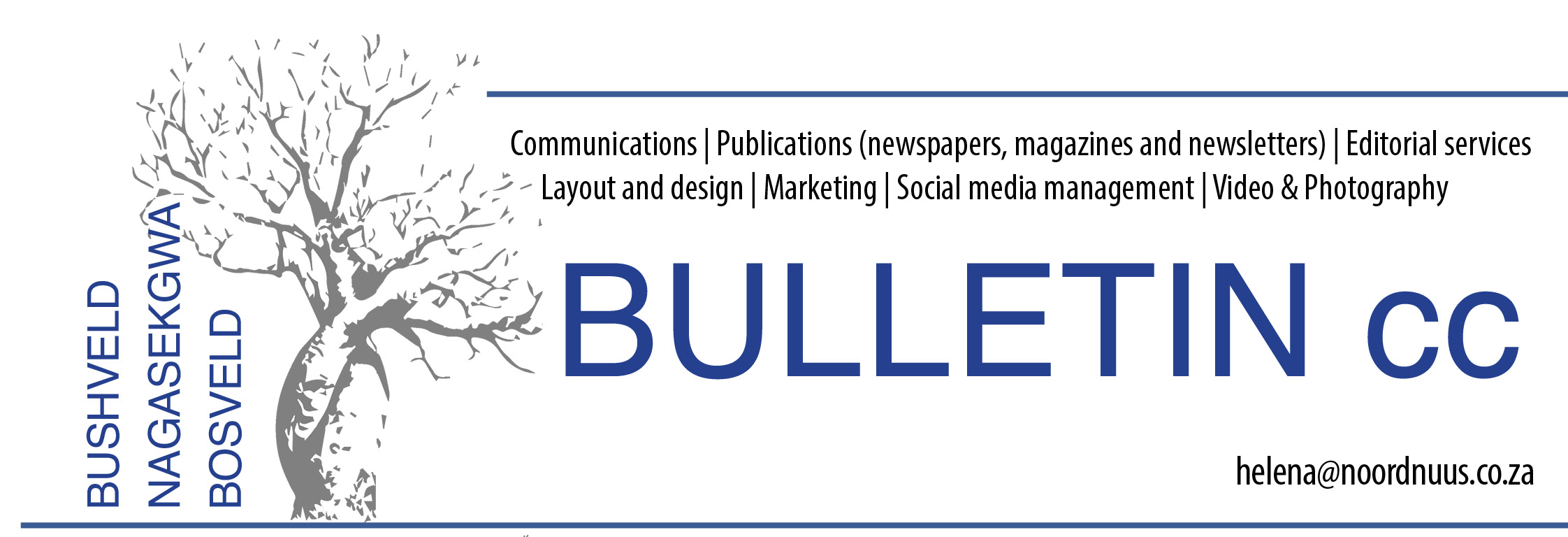How to support Autism in the workplace
With Disability Rights Awareness Month starting on 3 November 2016, corporates and businesses are being called to reconsider their approach to disability and hiring disabled employees. Given that almost 40% of South Africa’s almost people with autism are able to function in the workplace if appropriately supported, Autism SA will be using the month to create awareness about the spectrum disorder and, especially, its classification as a disability.
Autism arguably remains one of the most misunderstood disabilities in society and communities around the world. “This is because the disorder presents differently in each individual – hence it being referred to as a ‘spectrum disorder’,” says Sandy Usswald, National Director of Autism SA. “It’s also often referred to as a social disorder, as it usually affects the way an individual interacts socially.”
While people with the disorder have difficulty in both understanding and expressing language, their heightened sensory profile also impacts on their social interaction, making it difficult to make friends. Because of this, they often lead a very lonely life.
That being said, Usswald notes that a proportion of them can also function very well in the workplace based on their focus, high levels of concentration and excellent attention to detail: “A number of international companies have started employing autistic adults as they are visual thinkers and learners, and therefore very good with patterns. The ICT space in particular is hiring many as coders – as they’re generally very good at being able to pick up errors. Engineering is another career path they may choose to follow.”
Supporting a person with autism in the workplace can often be much easier and less costly than gearing an office space for someone physically disabled – something very few local businesses seem to know or consider. “While the specific requirement will differ from person to person, and depend on the organisation and job role, there are commonalities that are easy to put in place. All require a quiet area where they are able to focus, as well as needing to work in a ‘low-arousal’ environment, where there is limited sensory information including glaring lighting, music or loud noise, and/or a lot of interruption. These needs are usually fairly easy to accommodate.”
Usswald adds that a manager who has been sensitised to the person’s specific needs will also go a long way in enabling them to perform at their best without feeling discriminated against. “Many people with autism require predictability to provide them with a sense of security. They may need to work to a routine and a schedule. Clear, written instructions for example, may be much easier to follow than spoken ones.”
With November set aside to create awareness about the rights of disabled people, Autism SA will be using the month to educate communities – including the greater business community – about the reality of the disorder. “In this way, we’re hoping to create a new path for people with autism – helping them to live meaningful lives where they can thrive and contribute, and take pride in their role in society.”












0 Comments